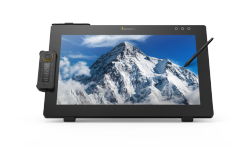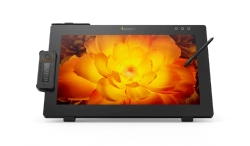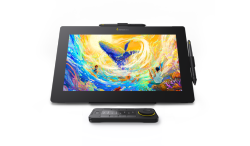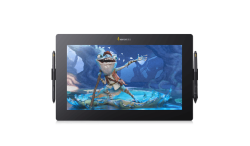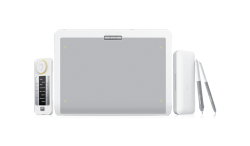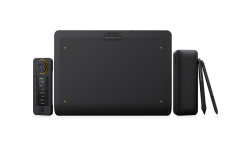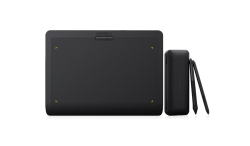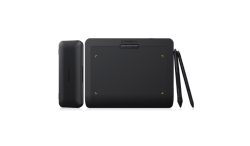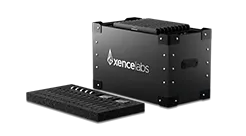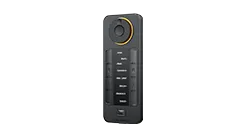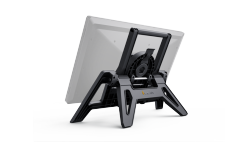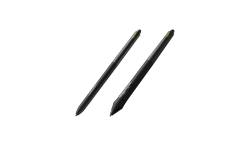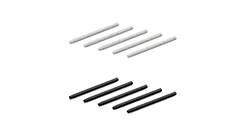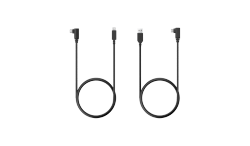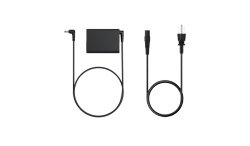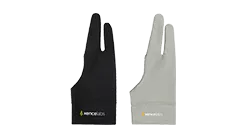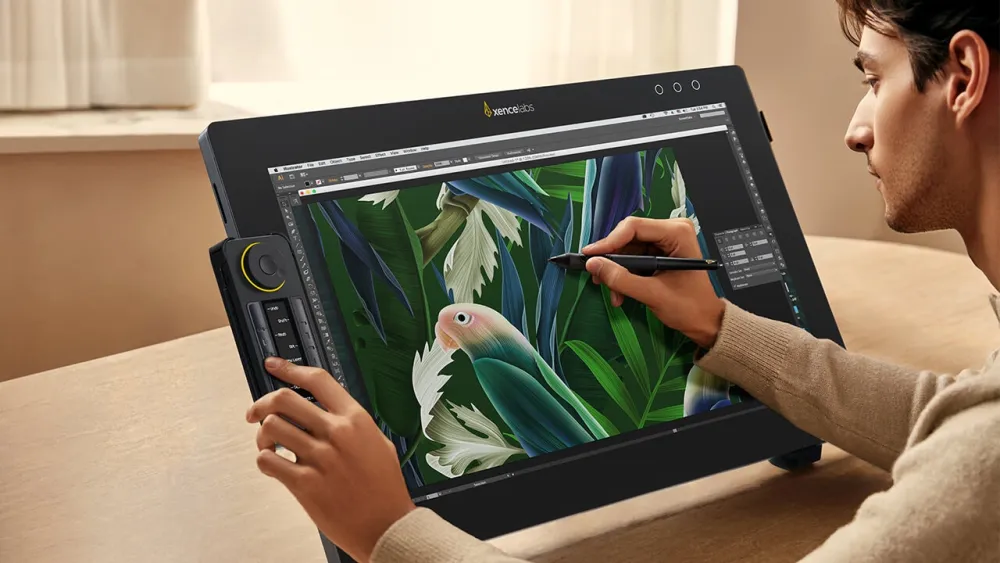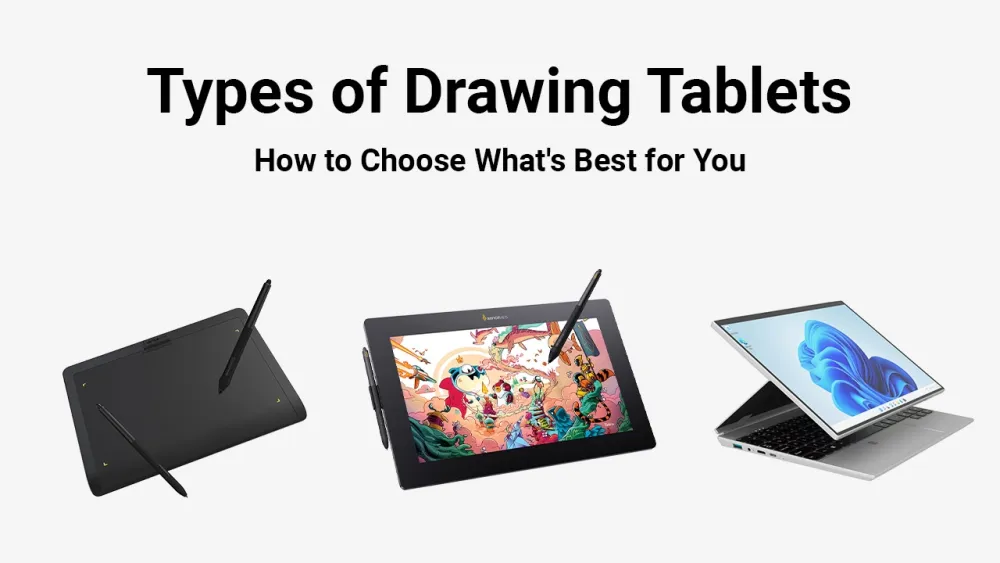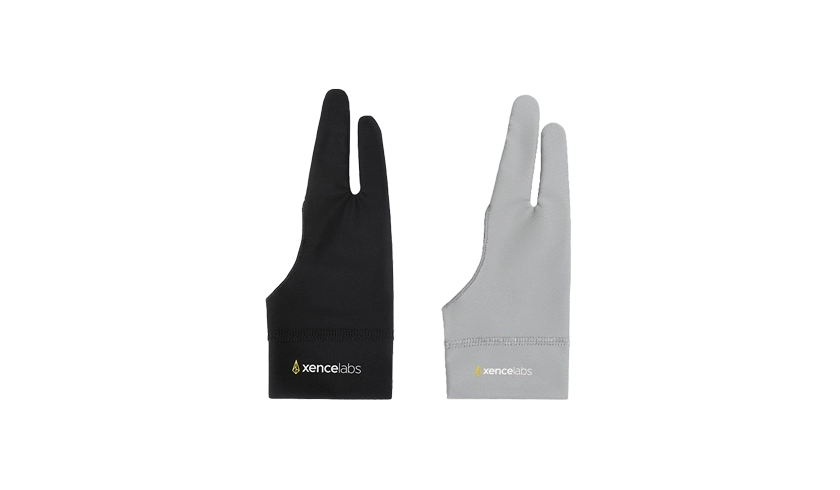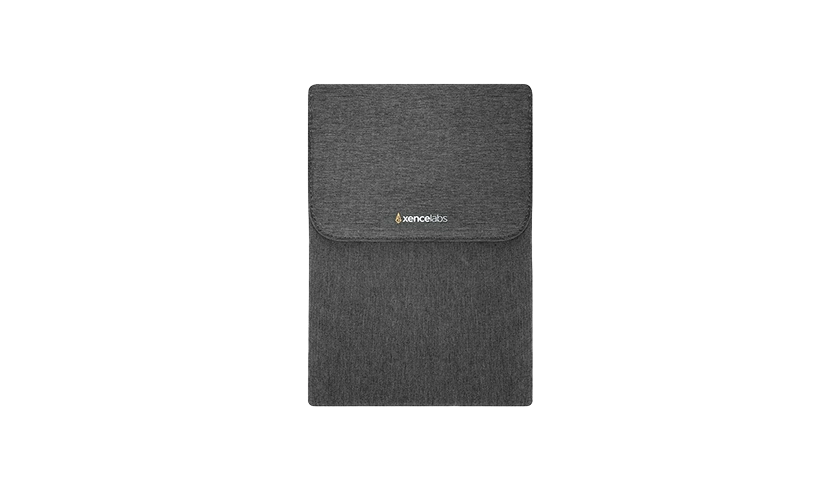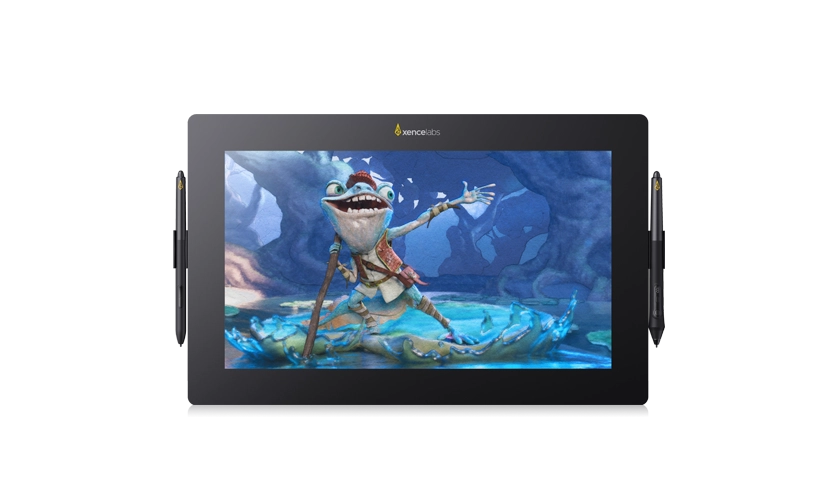If you use your drawing tablet frequently, some wear and tear is inevitable. However, with the right care, you can greatly extend its lifespan and maintain optimal performance. In this article, we'll share some practical tips to help you care for your drawing tablet, especially if you're heavy-handed or use your device daily.
Use a Drawing Glove to Reduce Friction and Oil Transfer
Reducing the friction between your hand and the tablet surface improves both comfort and precision. One of the best tools for this is a drawing glove.

A drawing glove typically covers your pinky and ring fingers, allowing your hand to glide smoothly across the surface without creating resistance. This not only enhances your drawing experience but also prevents skin oils and sweat from transferring to the tablet, which could cause smudges or long-term residue buildup.
Key benefits:
Less friction, more control
Reduces smudges and fingerprints
Keeps the drawing surface cleaner for longer
For digital artists who draw for long hours, a glove can significantly reduce fatigue and protect your tablet's surface finish.
Clean Your Tablet Regularly to Prevent Build-up and Surface Damage
Dust, skin oils, and tiny particles can build up on your drawing tablet over time. If not cleaned, these can interfere with pen/stylus detection or even cause scratches when dragged across the surface.
Recommended cleaning schedule:
Light users: once a month
Moderate to heavy users: once a week
How to clean your drawing tablet:
Use a soft microfiber cloth (dry or lightly dampened with water)
Avoid harsh chemicals or alcohol
Never pour water directly onto the tablet
Also, clean your pen/stylus regularly, especially the nib area, to prevent transferring dirt back to the tablet.
Keeping your workspace clean by covering your tablet with a cloth or case when not in use can also help prevent dust accumulation.
Replace Pen/Stylus Nibs Regularly to Avoid Surface Scratches
One of the most overlooked aspects of tablet care is nib maintenance. Nibs wear down over time, especially if you apply pressure while drawing. A worn nib may develop sharp edges or become uneven, leading to scratches on your tablet's surface.
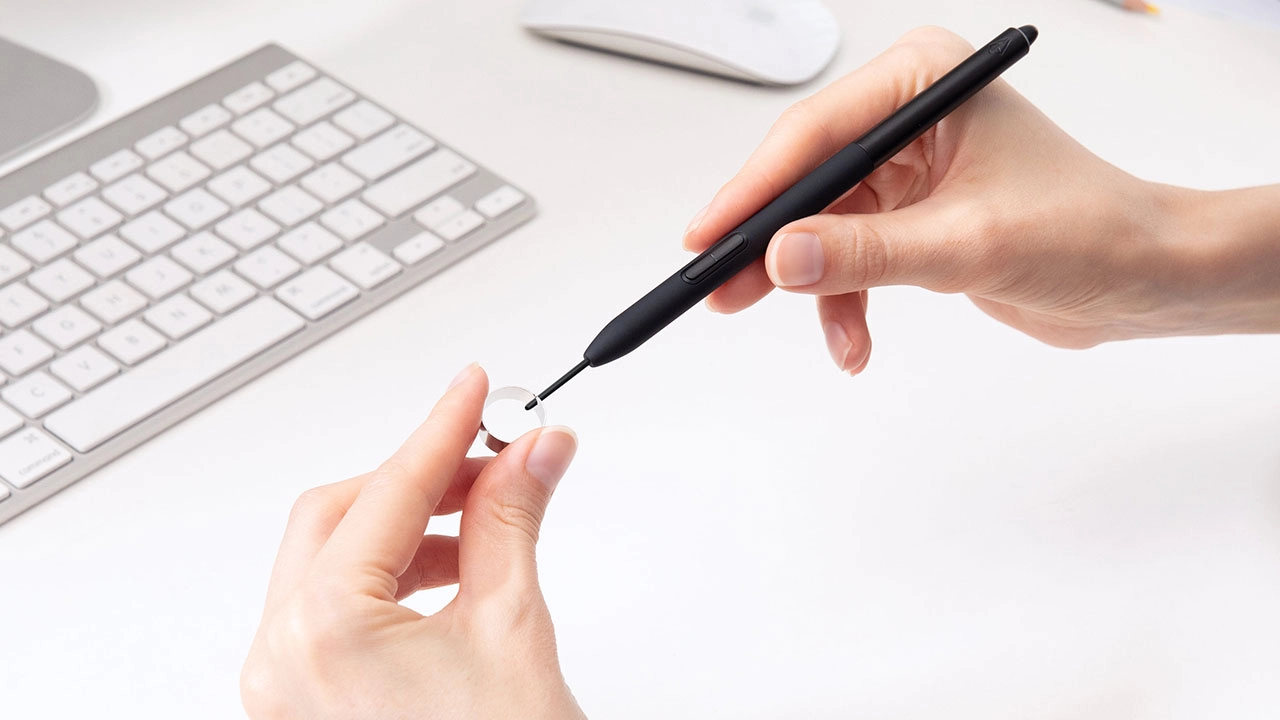
Types of pen/stylus nibs and their durability:
Felt nibs: soft and paper-like, great for realistic sketching but wear down faster
Standard nibs: durable and smooth, ideal for heavy writing and general use
Pro Tip: Inspect your pen nib every 1–2 weeks. If one side is more worn than the other, replace it immediately to avoid damaging your tablet.
Using the right type of nib for your drawing style can reduce friction, protect your screen, and improve pen accuracy.
Store and Handle Your Tablet Properly
Storage may seem minor, but it plays a big role in the long-term performance of your device. Avoid placing your drawing tablet in areas exposed to:
Direct sunlight
High humidity
Extreme temperatures
When not in use, store your tablet in a protective case or bag to shield it from dust, moisture, and accidental scratches. Also, avoid placing heavy items on top of your device.

Proper maintenance of your drawing tablet and stylus isn't complicated; it just requires consistency. By using a drawing glove, cleaning the surface regularly, replacing nibs before they wear out, and storing your device properly, you can keep your drawing setup in excellent condition for years. Whether you're using a pen display or pen tablet, these care habits not only protect your investment but also enhance your digital art experience.


